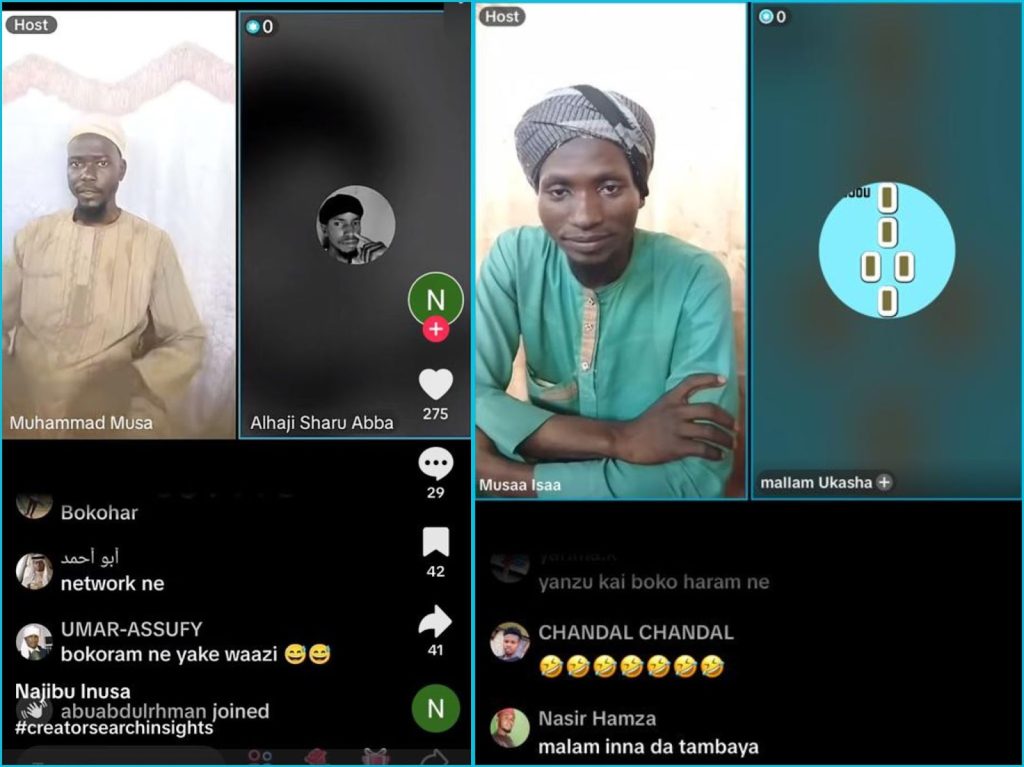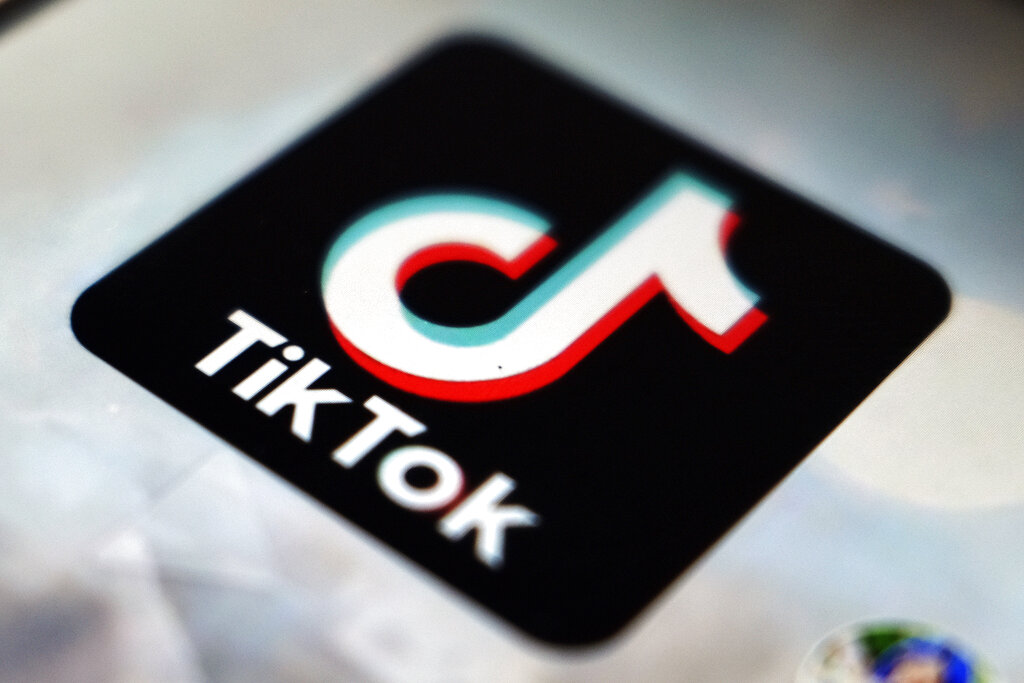There’s a new front in the Lake Chad region’s war against terrorism — the online video platform TikTok.
Terrorist groups have long weaponized social media worldwide for recruitment, financing and communication. In the Lake Chad Basin, where a violent extremist insurgency has raged since 2009, Boko Haram and the Islamic State West Africa Province (ISWAP) have taken to TikTok, the Chinese-developed video platform known as much for its security vulnerabilities as its popularity with young people.
After months of gains by Nigerian security forces, April saw both groups resurgent with deadly attacks throughout Borno State. At least 100 people were killed, as the state governor complained of being overrun.
That same month, Agence France-Presse reviewed easily accessible videos on TikTok in which “apparent jihadists and their boosters were flaunting rifles, grenades and stacks of cash.”

Security analyst Bulama Bukarti, a senior fellow with the Tony Blair Institute for Global Change, warned that ISWAP and Boko Haram are growing in popularity on TikTok.
“Right now, when you go on TikTok, you will see Boko Haram members’ accounts,” he said in an April 20 interview with Channels Television. “They host live programs and live shows where they propagate Boko Haram’s ideology. They justify the group’s violence, which they do in the Hausa language. They field questions from the audience and answer comments that are written.
“Even this week, there was a Boko Haram member who posted a 10-minute video on TikTok attacking me for speaking up against the escalating violence of the group.”
Bukarti said the group is “building a disturbing sense of virtual community.”
“Some of their pre-recorded videos have hundreds of thousands of views,” he wrote in an April 17 post on social media platform X. “At this rate, it’s only a matter of time before they start livestreaming attacks.”
Armed groups adopted TikTok after security forces cracked down on the encrypted messaging app Telegram, according to former terrorist Saddiku Muhammad.
“Jihadists realized that to capture the minds of young people, they need to speak to them in the language they understand instead of the traditional didactic and demagogic styles that are boring and unattractive to them,” he told AFP. “From all indications, it is paying off. They are reaching out to young potential recruits.”
ISWAP’s approach to TikTok reveals a more polished, coordinated communication strategy than that of Boko Haram, said Malik Samuel, an Abuja-based security analyst at Good Governance Africa. He said that using young members to spread propaganda is a common Boko Haram tactic.
“I believe showing their faces is strategic, to show that they aren’t afraid and to let their target know that they are engaging with real people,” he told AFP.
A TikTok spokesperson told AFP that its community guidelines “do not allow the presence of violent and hateful organizations or individuals” and it has removed an unspecified number of accounts linked to terrorist organizations. But Boko Haram and ISWAP clearly are thriving there.
TikTok parent company ByteDance, while not directly owned by the Chinese government, is subject to Chinese laws, including those that require companies to cooperate with government intelligence efforts. The likelihood of Beijing accessing TikTok users’ private data has been a source of concern for governments around the world.
Zagazola Makama, a Borno State-based counterterrorism expert who reports on the Lake Chad region, said the proliferation of Boko Haram and ISWAP on TikTok is “a dangerous trend capable of influencing vulnerable minds, inciting hatred against the state and reinvigorating terrorism recruitment channels, especially among urban sympathizers.”
He urged Nigerian authorities to expand their capacity to monitor and take down the groups’ presence online.
“The fact that terror sympathizers can trend such messages unchecked is a glaring indictment of our current digital response capabilities,” he wrote on his website on May 18. “These individuals must be tracked, their platforms dismantled, and the content removed without delay.
“We must invest in cutting-edge surveillance and artificial intelligence tools to identify these digital propagandists. They are as dangerous as gunmen in the field. The battlefront has shifted; modern warfare is now fought with both bullets and bandwidth.”


1 Comment
Good report